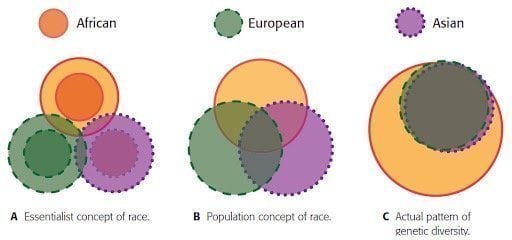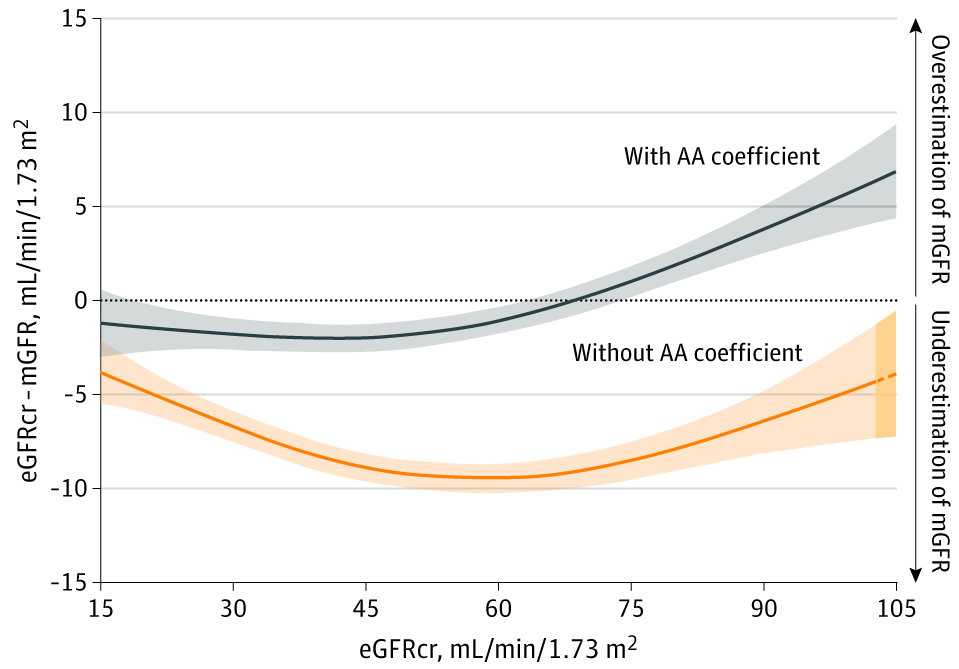- Joined
- Feb 26, 2017
- Messages
- 89
- Reaction score
- 155

Sign the Petition
Demand LCME to mandate teaching race as a social construct in medical schools
I want to know fellow med student's opinions on this petition I recently came across.
Personally, I think it's the "I don't see color" argument, but in medical form. How can we ignore a patient's race when that could tell us so much about what they may be predisposed to, health disparities impacting their community, social issues that affect them, etc.? Of course we need to remove the implicit bias that has plagued our profession for decades, but I don't think this is it. Facts shouldn't be ignored. Personalized medicine is important!
Please let me know your opinions! I am curious to know 🙂

